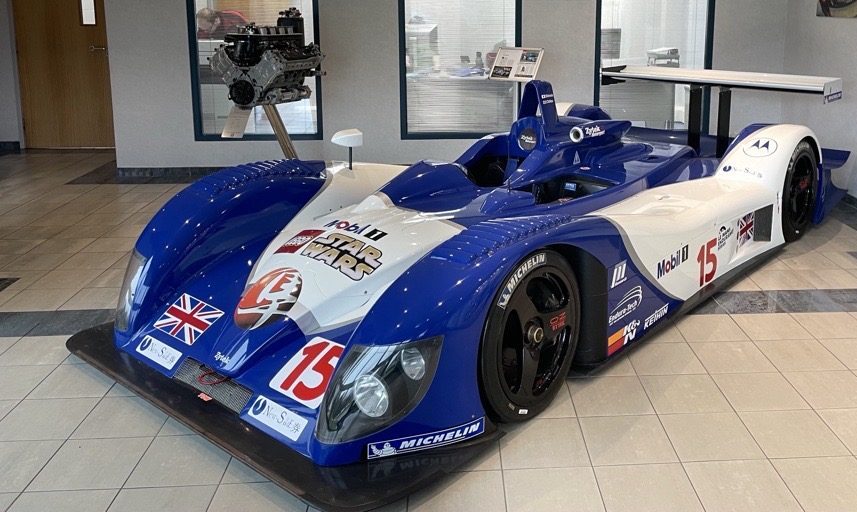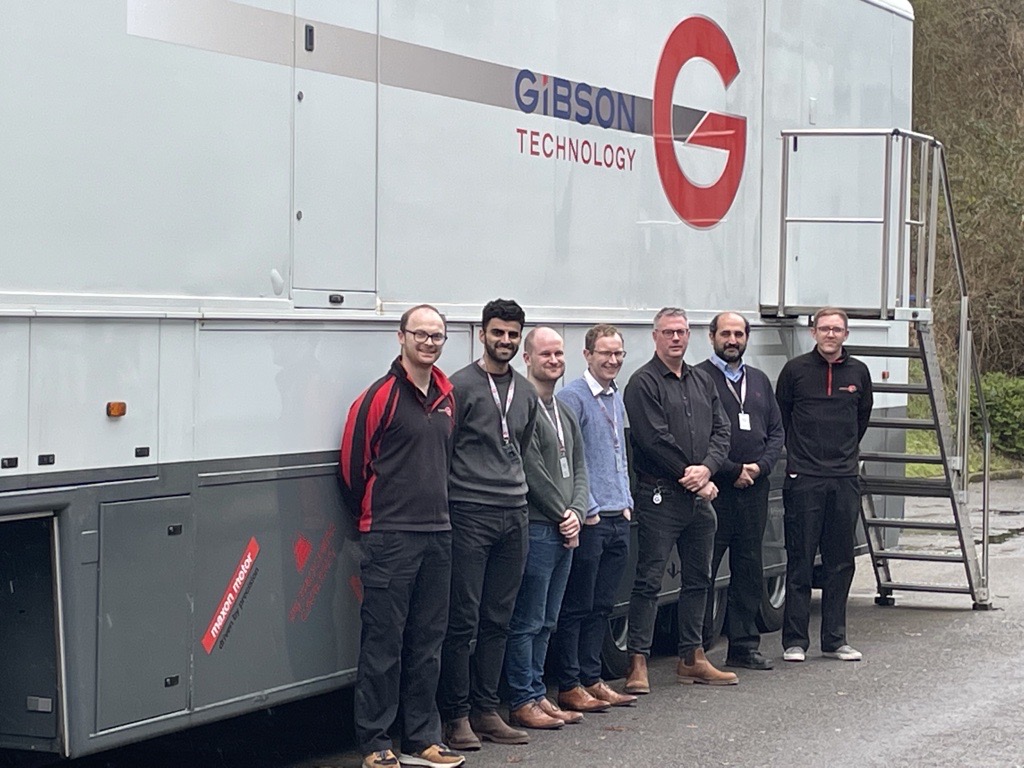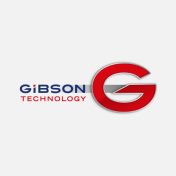Challenge
This Case Study is based on information provided by the AKT2I partners.
With a global reputation for delivering innovative engineering solutions for motor sport race teams and series worldwide, Gibson Technology (GT) is a leading supplier of expertise in high performance engines.
That engineering expertise has recently been deployed to help solve an increasingly urgent problem for the burgeoning electric vehicle (EV) sector: the unpredictability of the range of battery electric vehicles.
Owners of EVs often experience charging anxiety and range anxiety and this AKT2I partnership between GT and Loughborough University (LU) looked to innovate a solution: compact and efficient electrical generators fuelled by hydrogen to recharge stranded vehicles.
The project aimed to develop a computer model to improve the design of the recharging system dynamics, enabling quieter, durable and efficient charging systems; optimising performance and size, improving reliability, and reducing the time and cost taken to develop the electrical generator. In addition, the model was designed to provide GT with a better understanding of the various performance parameters of the generator set.
This partnership brought together the engineering experience of GT with the expertise of LU academics who, via the AKT2I, would be able to demonstrate the impact of their research in contributing to the UK’s push towards finding more environmentally friendly technology solutions.

Outcome
The project set out to create a method for the matching and dynamic optimisation of couplings between a hydrogen powered prime-mover and radial flux eMachine to enable lightweight, portable EV recovery power generation.
The partnership developed a quick and efficient computer simulation tool to provide a design optimisation solution to GT for their hydrogen fuelled electrical generator. It was established that with the use of this simulation tool, GT was able to accurately predict the performance of its generator set without the time-consuming trial and error prototyping approach to finding an optimised design of its critical parts. This will help GT accelerate the development of the generator set and will help make it more compact, durable and efficient, in turn helping meet GT’s business goals sooner.
Regular technical meetings, reports and collaborative working between GT and LU teams enabled the transfer of knowledge and information between them which helped grow the knowledge base of both teams; and all the project objectives were met successfully.

Impact
Through this project, GT has learned more about an important scientific measuring instrument/device which could potentially be useful for testing GT’s products in the future and help the company improve its understanding of its products’ performance. The outcomes of the AKT2I, by accelerating the development of the generator set, will also enable GT to achieve its business objectives faster.
This partnership has enabled the LU academic staff to demonstrate the impact of their research into more sustainable technology solutions. The LU Associates have benefited too: they have gained knowledge and experience in applying their skills to solve practical, industrial problems; improved their project management skills; and gained an insight into the design and performance testing procedures used in industry. The Associates will use this project work to demonstrate competency for IMechE’s Chartered Engineer (CEng) registration which will help in the development of their future careers.
GT and LU will present the novel outcomes of the computer model developed at the reputable Leeds-Lyon Symposium on Tribology 2023 which will enable them to share their experience with their peers from industry and the research community and gain valuable feedback. This project has laid the foundation for future collaborations between GT and LU.
What they say
"The AKT2I project has delivered an innovative tool that will speed our development of a lightweight, compact, efficient and durable genset by reducing the need for costly and slow trial and error test work. It has also shown the value of Loughborough University as a collaborative partner.”
Further information
For more information about this project, please contact kt@lboro.ac.uk or academic lead Dr Nick Morris N.J.Morris@lboro.ac.uk







